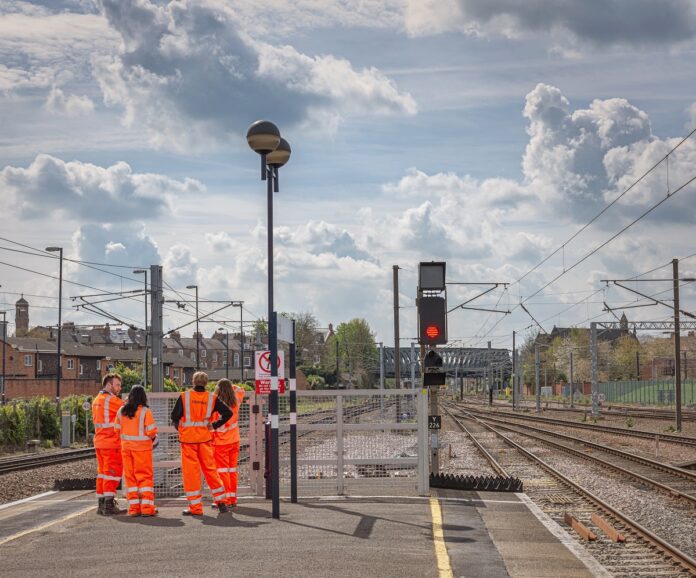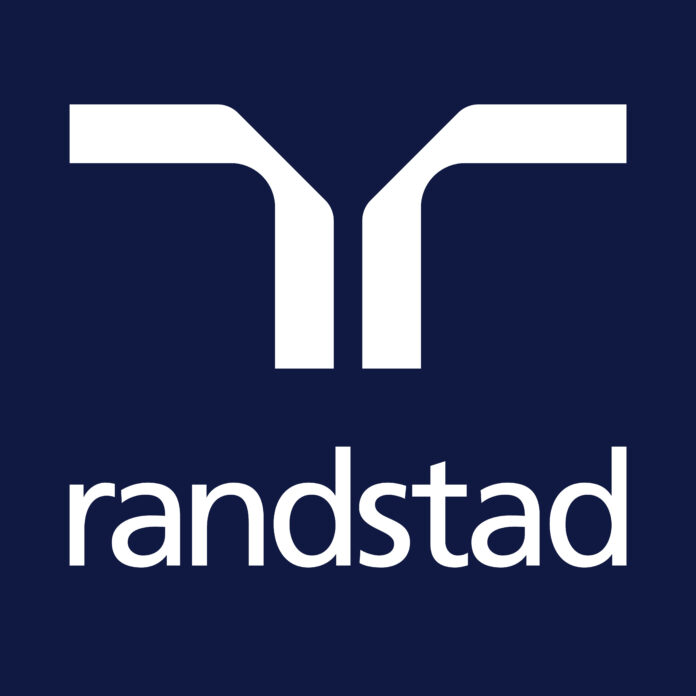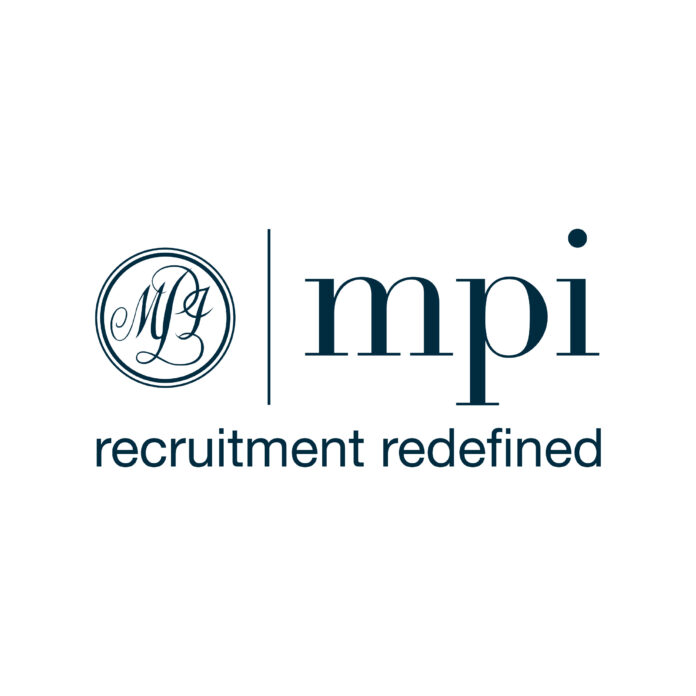Modern slavery may sound like a distant problem, but it is alive in UK supply chains — including construction, infrastructure and transport. The UK rail sector’s long, complex procurement networks make it vulnerable to hidden exploitation.
As we move into 2025/26, government and major rail clients are sharpening their focus on ethical procurement. For SMEs, this means modern slavery policies are no longer “best practice”; they’re a baseline requirement for winning work and an ethical obligation. Acting now is essential if you want to be at the table for contracts over the next few months.
Modern slavery in context
The UK’s Modern Slavery Act 2015 made it a legal duty for large organisations (annual turnover over £36m) to publish a statement on how they tackle forced labour and trafficking in their supply chains. But major public buyers — including Network Rail and Transport for London — cascade these requirements down to their smaller suppliers. In tenders, SMEs are routinely asked to show their own policies, due diligence and training, even if the Act does not directly compel them to publish a statement.
Recent enforcement actions, increased public scrutiny, and new EU-UK trade rules are making rail buyers more cautious. They need to prove not just that their Tier 1 contractors are compliant but that their entire supply chain is free from forced labour risks. This is why SMEs without robust policies may suddenly find themselves disqualified or marked down on social value and ethical sourcing sections.
Why it’s ethically important
The International Labour Organisation estimates that nearly 50 million people worldwide are in modern slavery, with forced labour making up the majority. Many of the goods and services used in UK infrastructure — aggregates, metals, electrical components, PPE, cleaning and security services — have recognised risk factors. Rail projects are high-value, time-sensitive and labour-intensive, which can drive pressure down supply chains and increase vulnerability to exploitation.
By implementing and demonstrating effective policies, SMEs aren’t just ticking a compliance box; they’re actively reducing harm. Ethical practices protect vulnerable workers, improve industry reputation, and build public trust in rail investment. For employees and customers, knowing their supplier takes these issues seriously is becoming a key differentiator.
What’s changing in 2025/26
- Stronger public procurement rules – The Procurement Act gives contracting authorities more power to exclude suppliers over ethical breaches, including modern slavery. SMEs can expect mandatory declarations and evidence in pre-qualification questionnaires.
- Network Rail’s Supplier Code of Conduct updates – The code now requires suppliers to have modern slavery due diligence and grievance mechanisms, with periodic audits.
- Social value weighting – Most rail contracts now allocate at least 10–15% of tender scores to social value and ethical practices. Modern slavery policies are one of the easiest ways for SMEs to demonstrate alignment with “safe and fair supply chains”.
- Investor and public scrutiny – Projects funded by green bonds or government-backed finance increasingly require demonstrable ESG compliance, including labour rights.
What SMEs should be doing right now
Even if your turnover is under the £36m threshold, you need to treat modern slavery compliance as essential:
1. Draft or update a Modern Slavery & Human Trafficking Policy
It should clearly state your zero-tolerance approach, outline how you assess and mitigate risk, and how you’ll respond to suspected breaches. Make it accessible on your website.
2. Map your supply chain risks
Identify high-risk categories (temporary labour, overseas sourcing, cleaning/security, PPE, materials). Record who your Tier 2 and Tier 3 suppliers are. Keep evidence of how you selected them.
3. Conduct supplier due diligence
Ask your suppliers to complete a modern slavery questionnaire or sign your code of conduct. Check that they have their own policies, especially if they supply labour or source goods overseas.
4. Train your staff and subcontractors
Even a short annual online course can empower staff to recognise red flags (withholding of passports, excessive recruitment fees, poor living conditions). Document attendance and outcomes.
5. Set up a reporting or whistleblowing mechanism
Offer a confidential channel for employees, contractors and even supply-chain workers to raise concerns. This is increasingly seen as best practice and demonstrates proactive risk management.
6. Record and report
Keep evidence of your checks, training, and supplier communications. If you publish a voluntary modern slavery statement (even if not legally required), you’ll show maturity beyond compliance.
7. Build this into your bids
Don’t just say “we comply.” In your tender responses, describe your process: risk assessment steps, training numbers, supplier sign-off rates, and how you escalate issues. Buyers score evidence, not slogans.
Benefits of acting early
- Competitive advantage: Many SMEs still treat modern slavery policies as optional. Having a robust, evidenced approach can differentiate your bid and win points on quality and social value.
- Resilience and reputation: Ethical lapses can lead to termination of contracts or reputational damage. Strong policies reduce that risk.
- Partnership readiness: Tier 1 contractors are under pressure to demonstrate compliance through their supply chains. If you’re “bid ready,” you’re more likely to be invited into consortia.
- Employee engagement: A clear ethical stance helps attract and retain staff who want to work for a responsible company.
The cost of waiting
Leaving this until a tender drops can be fatal. Drafting a policy, mapping your supply chain and training staff takes time. If you wait until the buyer asks for evidence, you’ll have nothing to show and may be marked down or excluded. Starting now lets you build a track record, not just a promise.
Modern slavery is one of the defining ethical issues of our time. For the UK rail industry, it is also becoming a defining commercial issue. Procurement teams are being told to “know and show” that their suppliers are ethical. SMEs who can offer ready-made, evidenced modern slavery policies are more than compliant; they are partners in building a fairer, safer rail industry.
Take action now. Draft the policy, run the training, map your risks. By the time the next big framework or route contract lands, you’ll not only be at the table — you’ll be a preferred partner.





